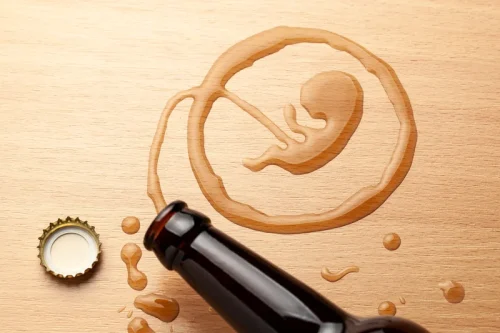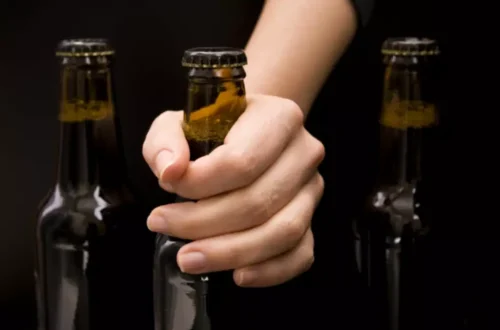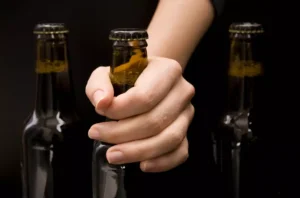Staying Sober Long-Term: 8 Research-Proven Strategies for 2024

Addiction Resource is not a healthcare provider, nor does it claim to offer sound medical advice to anyone. Addiction Resource does not favor or support any specific recovery center, nor do we claim to ensure the quality, validity, or effectiveness of any particular treatment center. No one should assume the information provided on Addiction Resource as authoritative and should always defer to the advice and care provided by a medical doctor. A big struggle for those in recovery is being sober and staying sober around drinkers.

Stay connected to your sobriety support groups and systems.

Fortunately, anyone craving a drink can use a range of techniques to fight the urge. Whenever possible, the best course of action may be the avoidance of any situation or event where alcohol consumption occurs. When abstinence is impossible, practical use of coping strategies can help reinforce a commitment to abstinence.
Focus on eating high-quality, nutritious food.
Figure out what visual reminder will motivate you and keep you on track. It’s a healthy distraction that will put you on the path to building better, sustained habits. Be patient, and don’t set yourself up for failure by trying to do too much at once.
What Causes Alcohol Withdrawal Symptoms?
It may take a while to establish new routines, but in the end, you will find them more pleasurable than drinking. Calls to our general hotline may be answered by private treatment providers. We may be paid a fee for marketing or advertising by organizations that can assist with treating people with substance use disorders. Incidentally, a person may be in treatment and doesn’t have any of the risk factors mentioned above, and it does not mean they’ll soar through recovery without experiencing a relapse.
Individuals who have not developed the willpower or have enough family and social support to deal with their cravings may relapse. It is pertinent to remember that a relapse isn’t a failure; rather, it is a call to improve upon the foundations of one’s sobriety journey in order to survive in the long-term. However, even if you are not experiencing these types of negative outcomes from alcohol use, being sober around drinkers heavy drinking can affect your life in a number of detrimental ways in both the short- and long-term. The buddy system strategy in addiction recovery will be another key topic covered here along with celebrating the benefits of sobriety by prioritizing self-preservation during social gatherings.
Our writers and reviewers are experienced professionals in medicine, addiction treatment, and healthcare. AddictionResource fact-checks all the information before publishing and uses only credible and trusted sources when citing any medical data. Alcohol rehabilitation centers offer the support people need to stop their use and battle their addiction successfully. Being sober for good means fighting a lifelong battle, and the body needs the right fuel to keep the mind sharp.
- Those who seek medical attention tend to feel better than whose who do no.
- Repairing and strengthening family relationships is often a crucial part of the recovery process.
- In fact, it is now recognized that for some recovering alcoholics, relapse is part of recovery.
- “Tried again today, but it was severe this time—bad shaking, sweating, rapid heartbeat. Instead of going to the hospital or doctor, I tried to wean and reduce for a few days.”
- Tracking tools like these help you remain focused on (and committed to) your goal.
Pursue Education or Career Development
For some, symptoms already start to subside, while others begin to experience more severe ones. Those who seek medical attention tend to feel better than whose who do no. If you are thinking about quitting drinking, talk to your healthcare provider. Medical supervision, behavioral health treatment, and mutual-aid groups can help you through alcohol withdrawal and stay stopped.
Social
To avoid relapse and remain sober, it’s important to develop healthy relationships. Now that you are sober, you may have discovered that some of your past relationships were not only unhealthy but downright toxic. It’s not just your drinking buddies and drug dealers who can get you into trouble—sometimes those who are closest to you can contribute to a relapse. Having traveled the world sober and not sober, I’ve learned that I take my addiction with me everywhere, whether I’m indulging it or not. So it would be an outright lie to claim that those Mojitos in Cuba held zero interest. The glasses had been chilled, crushed ice and fresh mint were on hand, and some beautiful amber liquid awaited my pour.

One of the most profound ways that alcohol affects you is through what it does to your body. After you drink alcohol, Volpicelli explains that the small molecules inside it get absorbed by your gut. From there, they travel to other parts of your body and affect organ systems, including the cardiovascular, immune, and nervous systems, along the way. People who reach certain sober milestones receive pins or chips, acknowledging their achievements. In truth, however, there are warning signs they can heed before they relapse. It is helpful to be sensitive about this issue, as so much is at stake, but to also remember that it is that person’s own responsibility to manage their recovery.
